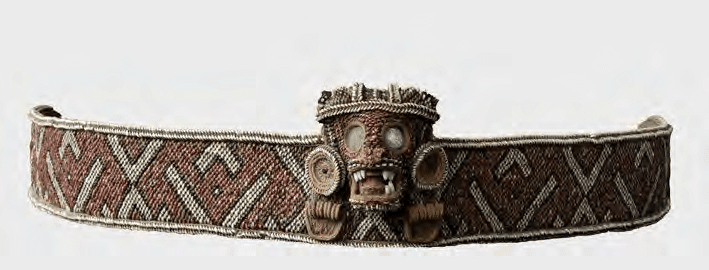Currently reading Largey's Vodou Nation and found the chapter on Ludovic Lamothe and Justin Elie fascinating. Unfortunately, unlike Lamothe, it's much harder to find recordings of Elie's music on the internet, so I can't locate examples of Elie's use of stock exotica for his Indianist compositions that appealed to the US market. It's amazing, Elie's music reflected a strain of Haitian thought that reveres the indigenous people of Hispaniola as 'symbolic ancestors' and key figures in anti-colonial movements (a practice seen among elites, such as Nau's Caciques d'Haiti published in the 19th century or peasant armed resistance to the US Occupation naming themselves cacos after the caciques), but his music really had no authentic connection to the music of the pre-colonial inhabitants of Haiti. Furthermore, I am a little disappointed that I cannot locate recordings of his work that reflect the Afro-Caribbean and Vodou heritage of Haiti, except for "Legende Creole" (which Largey attributes to Haitian Vodou influences). Alas, if only I could locate more of his meringues. "Chants de la montagne" has some stereotypical "Indian" traits, while 'Legende Creole" is based on a Haitian children's song with Vodou references ("Zonbi Ban-n Mannan").
One of these days, I'll have to track down Elie's "Prayer at Eventide," "Nostalgie," Kiskaya and other works that were popular in New York. It's astonishing how reviews and promoters in New York actually seemed to believe Elie's music was grounded in years of research in Central and South America (Elie did indeed tour throughout the Caribbean before moving to New York, but never engaged in ethnographic research with indigenous groups). Regardless, Largey's research on this Indianist legacy in Haitian literature, intellectual thought, and music is useful for future studies of indigenism and indigenous revivalism elsewhere in the Caribbean.

No comments:
Post a Comment